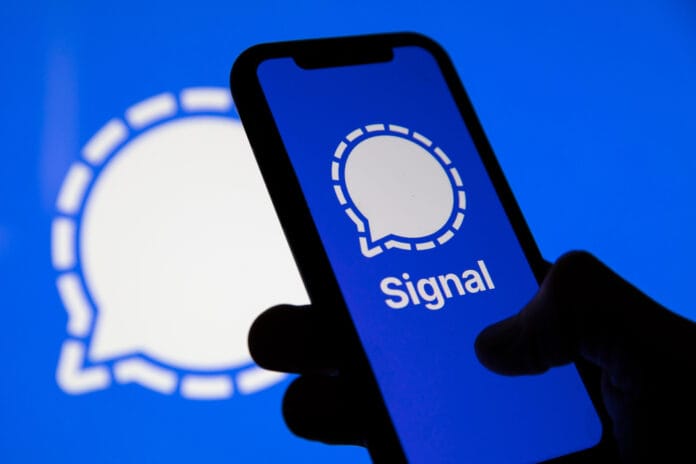It started as an ordinary group chat—government officials discussing sensitive matters, nothing out of the ordinary. But one wrong move, a small human error, and suddenly, a journalist was inside the conversation. Just like that, what should have been a private discussion turned into a full-blown security issue.
A Wrong Number, a Big Problem
From what’s been gathered, the whole thing happened because someone in the chat mistakenly added a journalist instead of a colleague. It’s the kind of slip-up that happens to all of us—you mean to text a friend, and suddenly your boss gets a message meant for someone else. Only in this case, it wasn’t just an awkward mistake. It was a security breach.
By the time someone noticed, the journalist had already been in the chat long enough to see parts of the discussion. The fact that a private, high-level government conversation was exposed at all is enough to set off alarms.
Scrambling to Fix It
Once officials realized what had happened, it was immediate damage control. People were pulled into meetings, security teams were briefed, and efforts to contain the situation went into full swing. Some tried to brush it off as a harmless accident. Others saw it as yet another example of how fragile digital security really is—even among people who are supposed to be careful.
It also raises a bigger question: Why are top officials still relying on apps like Signal for government discussions? Sure, it’s encrypted, but that doesn’t stop human error. Encryption means nothing when someone can just press the wrong button.
Not the First Time, Won’t Be the Last
Let’s be real—this isn’t some isolated incident. Time and time again, security lapses happen because of basic human mistakes. Think about all the times officials have left classified documents in public places, emailed sensitive information to the wrong address, or had private conversations in spaces where they shouldn’t.
We like to think that high-level government work is all tight security and locked-down protocols. But at the end of the day, it still comes down to people—and people make mistakes.
What’s Next?
If this doesn’t serve as a wake-up call, what will? Experts have been saying for years that there need to be stricter protocols in place:
• Double verification before adding new people to sensitive chats
• Moving away from third-party apps for official communication
• Automatic alerts when unverified numbers join a conversation
For now, officials are insisting that nothing critical was leaked. But the whole situation proves one thing: the biggest threats to security aren’t always spies, hackers, or foreign agents. Sometimes, it’s just a simple, preventable mistake.


